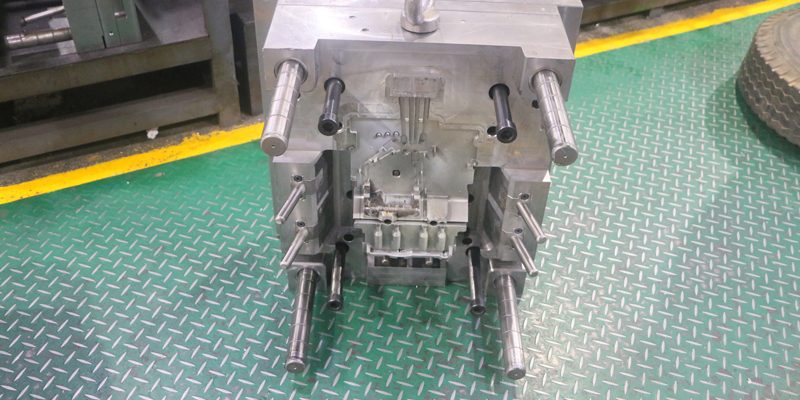There are many types of steel used by 2F Prototypes for manufacturing plastic injection molds, each with different processing performance and market supply prices.
1.Alloy Structural Steel
In terms of types and selection of injection mold steel, alloy structural steel has better performance than carbon structural steel, and the service life of components used in manufacturing injection molds is longer than that of carbon structural steel.
Classified by the main alloying elements, alloy structural steel used for plastic molds can be divided into chromium steel, chromium-nickel steel, chromium-molybdenum steel, chromium-nickel-molybdenum steel, chromium-molybdenum-aluminum steel, chromium-manganese-titanium steel, etc.
Although the performance of alloy structural steel is better than that of carbon structural steel, its properties such as quenchability and thermal deformation are not significantly improved. It is generally not suitable for making complex-shaped or large-sized integral molds and core molds. It is suitable for making local parts with smaller dimensions in some large and able components. Additionally, it is suitable for manufacturing active forming parts or forming inserts with high requirements for hardness and wear resistance.
2.Carbon Structural Steel
Carbon structural steel is inexpensive, has good machinability, and has low strength when the carbon content is low. When the carbon content is high, the strength is higher but the quenchability is poor, and there is significant thermal deformation. The polishing performance of carbon structural steel is not very good. Carbon structural steel can be used to manufacture injection mold forming parts with low requirements for dimensional accuracy and surface roughness and small production batches of plastic parts. Additionally, it can be used to manufacture guide pins, guide bushings, and supporting components for injection molds.

